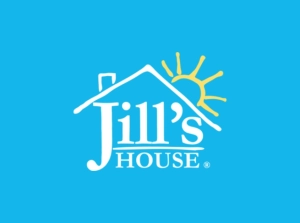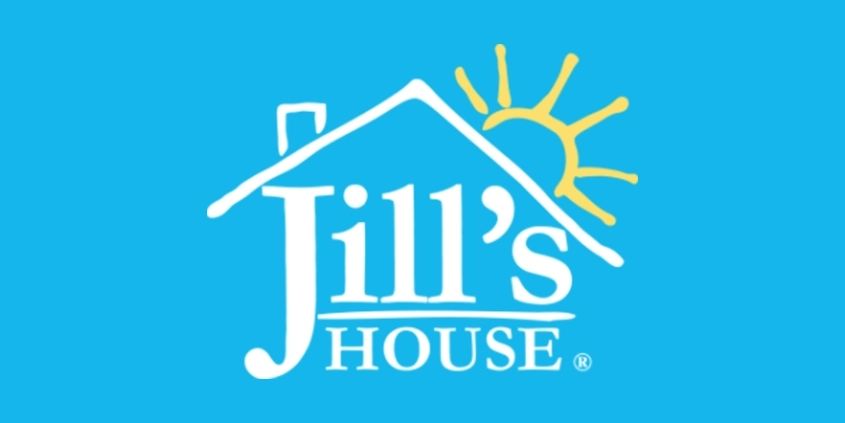In a Different Key
 I am currently reading a book called “In a Different Key: The Story of Autism,” which traces the story from the 1930s through today. As I was reading today, I was struck by one particular story and snippet in the book.
I am currently reading a book called “In a Different Key: The Story of Autism,” which traces the story from the 1930s through today. As I was reading today, I was struck by one particular story and snippet in the book.
The authors recount the story of a 1970s California couple, George and Alice, who first provided foster care for a child, Frankie, who had autism and then went on to adopt him. George and Alice, along with others, had also gone out of their way to build a network of parents raising children with autism. About this network, the authors write, “There were not many of them in the circle, a couple dozen parents at most. But for George and Alice, and many of the others, knowing they were part of a community gave them the energy to hang on and fight.” Emphasis is mine.
Here we are fifty years later, and although we’ve made a lot of progress as a society in the way in which people with disabilities and their families are viewed and treated, community remains so critically important to families raising children with disabilities. We hear so frequently from our Jill’s House families that they feel isolated. And as vital as the respite Jill’s House provides is to them, knowing that there is also a community where they will be accepted, loved, and celebrated not in spite of who they are, but precisely because of who they are is a game-changer. The words the authors wrote could so easily have come out of the mouths of one of our Jill’s House families.
Thank you for all you do to help make Jill’s House a nurturing community for the families we are privileged to love and serve.
Warmly,
Joel Dillon




